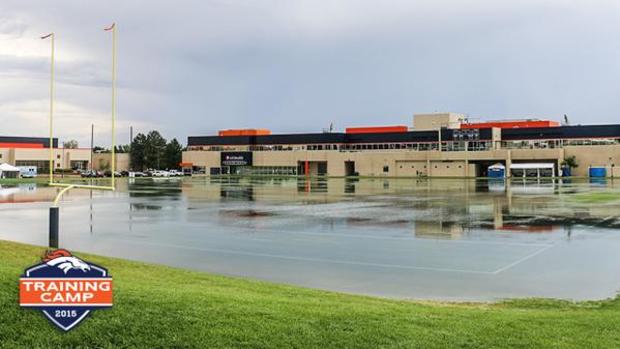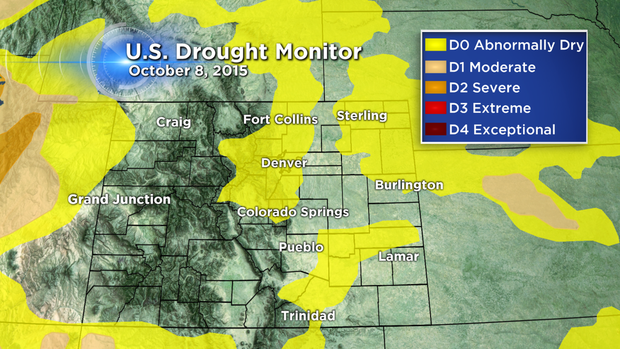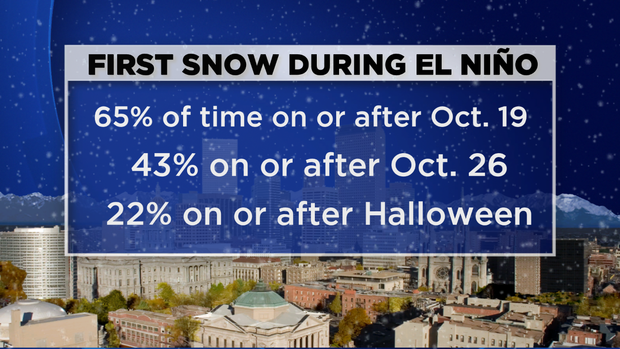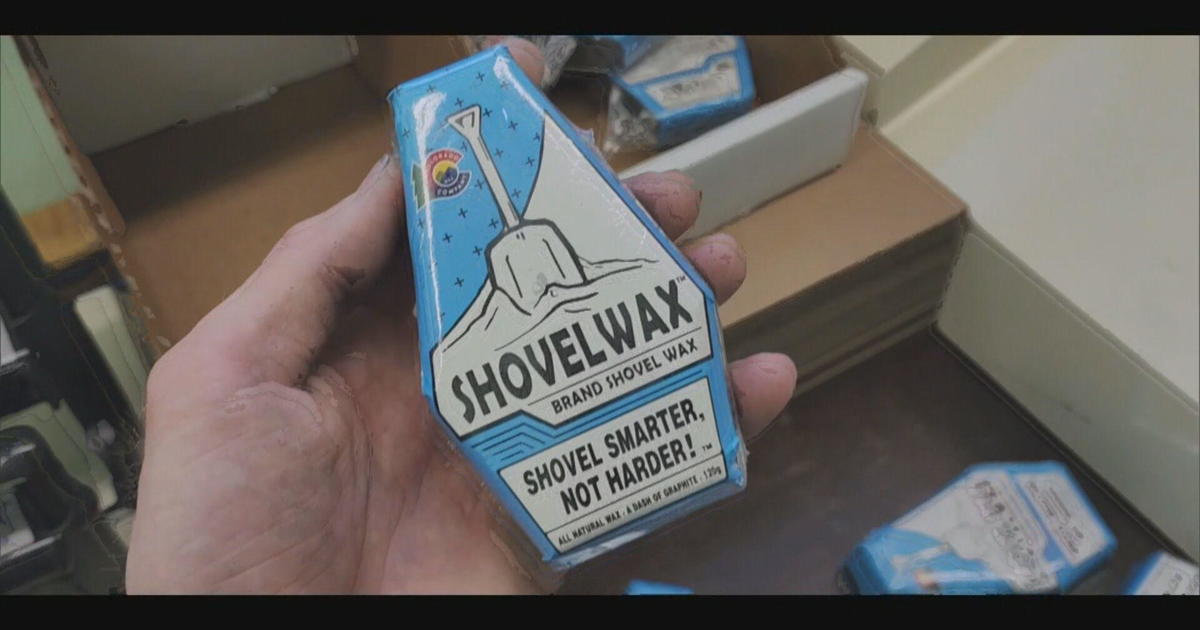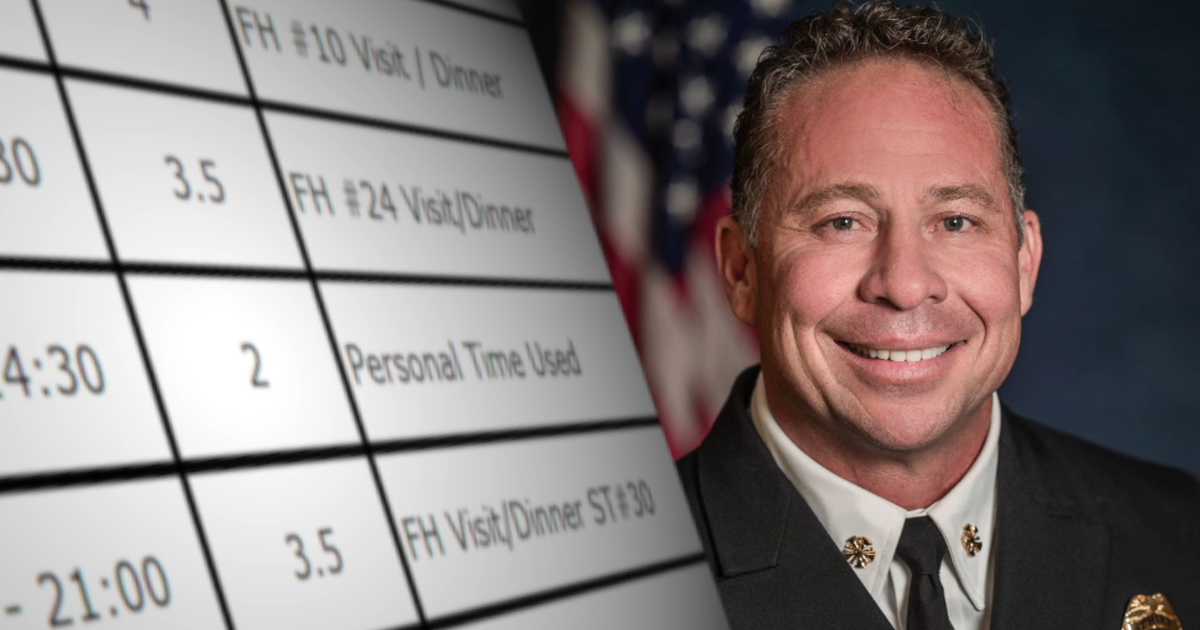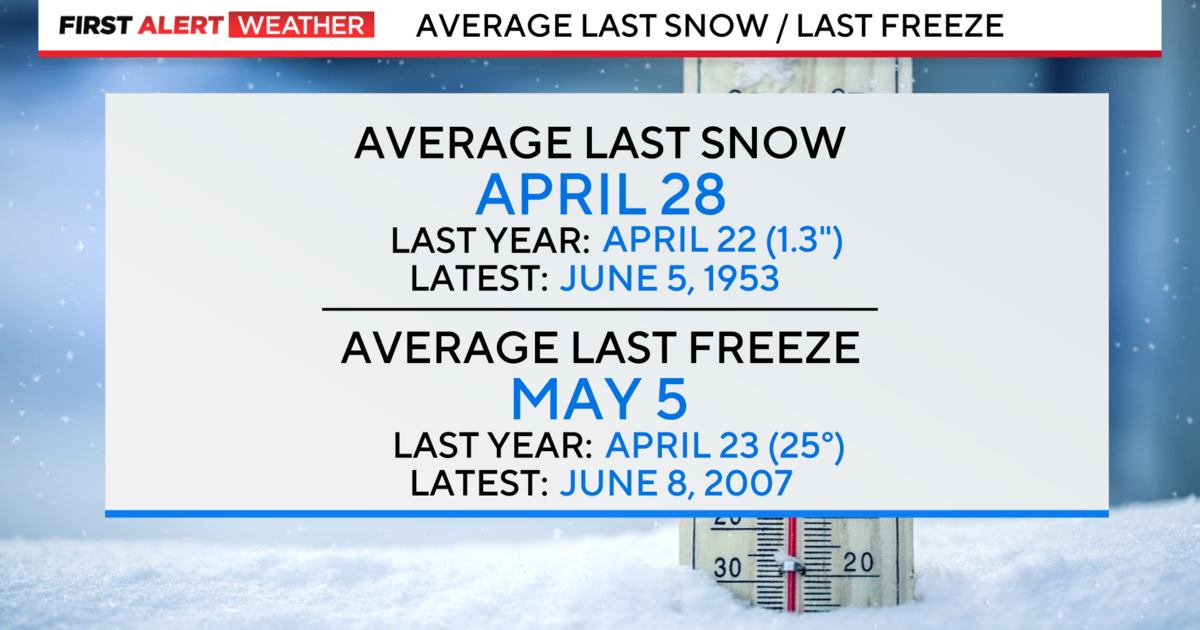Where's This Alleged 'Godzilla' El Niño And All That Snow People Keep Talking About?
DENVER (CBS4) - A new report from NOAA says there is a 95% chance that El Niño will continue through the winter before gradually weakening next spring.
Talk of El Niño was believable during the spring and early summer when it was so wet and cool.
But the recent dry and warm spell has some wondering if this 'Godzilla' El Niño is just hype.
Denver's average first snowfall is October 19 and the average snow per season since 1882 is 57.1".
But during El Niño, it appears late snowfalls are quite common along the Front Range.
To write this story I did an informal study of the years since 1950 when El Niño was active during the period July-August-September. Fourteen years have met that criteria.
There have been another nine years since 1950 were El Niño had either just ended or was about to start during the same time frame.
Here are the results.
While this data is simply based off one climate station it definitely supports the theory that during the transition from an El Niño summer to an El Niño fall and winter, the first snow in Denver might not come as early as one would think.
1951 - first snow was 4.2" on 9/21, season total 84.9"
1953 - first snow was 0.1" on 10/23, season total 41.5"
1957 - first snow was 3.5" on 10/24, season total 57.1"
1958 - first snow was 0.5" on 10/28, season total 99.3"
1963 - first snow was 1.1" on 10/31, season total 57.3"
1965 - first snow was 3.5" on 9/20, season total 46.9"
1969 - first snow was 9.8" on 10/3, season total 65.8"
1972 - first snow was 0.2" on 10/29, season total 94.9"
1976 - first snow was 6.3" on 10/26, season total 34.6"
1977 - first snow was 3.3" on 10/31, season total 46.5"
1979 - first snow was 2.4" on 10/29, season total 85.5"
1982 - first snow was 1.2" on 10/19, season total 81.6"
1983 - first snow was 1.8" on 11/8, season total 80.9"
1986 - first snow was 0.8" on 10/10, season total 71.3"
1987 - first snow was 6.1" on 11/15, season total 62.3"
1991 - first snow was 1.0" on 10/4, season total 79.0"
1992 - first snow was 0.1" on 10/29, season total 60.4"
1994 - first snow was 1.4" on 9/21, season total 58.4"
1997 - first snow was 0.2" on 10/12, season total 72.1"
2002 - first snow was 0.5" on 10/24, season total 61.8"
2004 - first snow was 3.2" on 11/1, season total 39.3"
2006 - first snow was 3.5" on 10/18, season total 72.6"
2009 - first snow was 1.5" on 10/21, season total 60.6"
El Niño is known for creating dry and mild winters in the northern Unites States and for bringing wet, cool weather to the south.
Places like Colorado are right in between and can see a variety of conditions. Southern Colorado and the Front Range can be snowy at times during an El Niño winter season.
Some of Denver's biggest snow storms in history happened during El Niño winter seasons. A few of those are listed below.
March 17-19, 2003 - 31.8 inches
December 24, 1982 - 23.8 inches
October 24-25, 1997 - 21.9 inches
November 26-27, 1983 - 21.5 inches
December 20-21, 2006 - 20.7 inches
Meteorologist Chris Spears writes about stories related to weather and climate in Colorado. Check out his bio, connect with him on Facebook or follow him on Twitter @ChrisCBS4.
